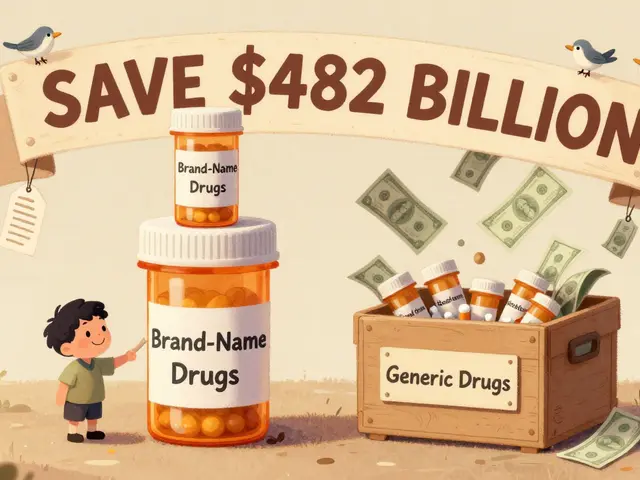
C. diff treatment: what works and how to get better
Got a C. diff infection? You’re probably dealing with nasty diarrhea, cramps, and fever. The good news is there are solid ways to kick the bug out of your gut. Below we break down the main medicines, when doctors use them, and what you can do at home to speed up recovery.
First‑line antibiotics
The go‑to drugs for C. diff are oral vancomycin and fidaxomicin. Vancomycin is usually prescribed for 10 days and works by staying inside the intestine where it can kill the bacteria directly. Fidaxomicin costs more but has a lower chance of the infection coming back, so doctors often pick it for people who have had C. diff before.
If you’re in a setting where those two aren’t available, metronidazole is an older option. It’s taken by mouth and can help milder cases, but it isn’t as strong as vancomycin or fidaxomicin. Your doctor will decide based on how severe your symptoms are and what other health problems you have.
Beyond pills: advanced options
When antibiotics don’t clear the infection, doctors may suggest a fecal microbiota transplant (FMT). This procedure puts healthy gut bacteria from a screened donor into your colon, often via colonoscopy or a capsule. Studies show FMT can cure over 80% of stubborn C. diff cases.
Probiotics are another tool you can add to the mix. Strains like Saccharomyces boulardii have been shown to reduce recurrence when taken after antibiotics. Talk to your pharmacist about the right brand and dosage for you.
Staying hydrated is crucial because diarrhea can quickly deplete fluids. Sip water, oral rehydration solutions, or clear broths throughout the day. Small, frequent meals that are easy on the stomach—think bananas, rice, toast—help keep energy up without irritating your gut.
Good hygiene stops the bug from spreading. Wash hands with soap and hot water for at least 20 seconds after using the bathroom or touching anything that might be contaminated. If you’re in a hospital or care home, follow their cleaning protocols closely.
Most people feel better within a week of starting treatment, but it can take longer if the infection was severe. Keep an eye on your symptoms: if fever spikes, blood appears in stool, or you get worse after finishing antibiotics, call your doctor right away.
Bottom line: C. diff is tough but treatable. Start with the right antibiotic, consider advanced options if needed, support recovery with fluids, probiotics, and hygiene, and you’ll be back on track faster than you think.
-
4 Feb





